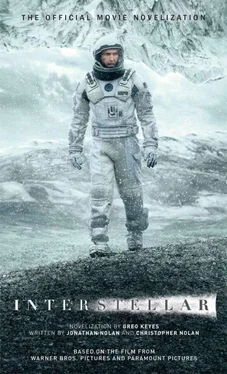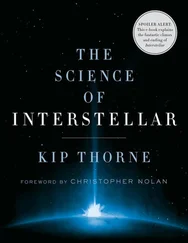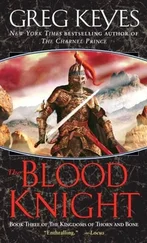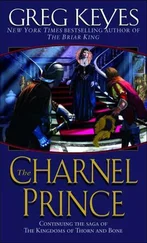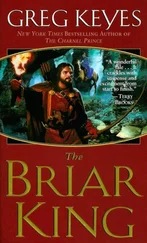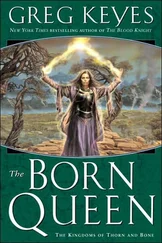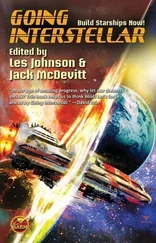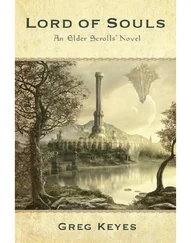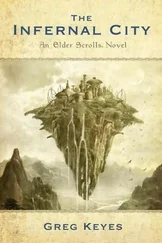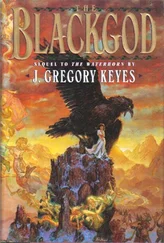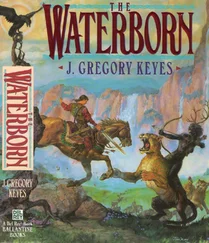Mars had been an object of fascination from the earliest days of modern astronomy, in part because it seemed so Earthlike.
Whole civilizations had risen on the red planet—in the imaginations of Lowell, Wells, Weinbaum, Burroughs, and so many other famous authors. Those civilizations had all fallen when the first robotic landers reported the dull truth. If Mars had ever been a place habitable by human beings—or anything like them—it had been a very long time ago. And if there was life there now, it was hiding itself very, very well.
Which is why they had left it behind. Mars wasn’t going to be humanity’s new home, any more than the Moon was.
Saturn had held the attention and wonder of the world for centuries, as well, but while Mars had done so because it was so Earthlike, Saturn caught the eye because it was so incredibly weird. In movies, in fiction, if you wanted to make clear a planet was really alien, you put rings around it. It was huge, as well, with an atmosphere of mostly hydrogen and helium and clouds of ammonia crystals. No home for humanity there, either, but beauty in plenty, with those bands of ice glittering in the cold light of a distant sun.
Cooper checked his instruments. Dropping into orbit, the Endurance became newest of more than one hundred and fifty moons that circled the gas giant—and that wasn’t counting the trillions of ice gems that made up the rings.
Or the object of their mission.
He checked the controls again and then went to the comm booth.
Two years.
He wanted to see his kids.
* * *
“…but they said I can start advanced agriculture a year early,” Tom said, as Cooper sat in the comm booth. He was listening, a blanket wrapped around his shoulders.
It was weird watching him change. Several recordings had been sent, the first just after Cooper went into cryosleep, and the most recent just a few days ago. They were so far away from Earth now that it took around eighty-four minutes for light—or a radio wave —to make the trip, making real-time conversations impossible, since that would mean a lag of nearly three hours between, “Hi, how are you?” and, “I’m good, how about you?”
In space, distance was time, and time was distance.
Tom mostly talked about the farm. He’d had a little trouble with Boots taking him seriously, but Donald had helped him iron that out. He’d met a girl, but that only lasted a few months. Cooper wasn’t surprised—he remembered the girl, an only child and a bit of a spoiled princess. Not that people couldn’t change, but sometimes there was a whole lot of inertia to overcome if that was to happen.
Tom had managed to repurpose the drone, which was good, because soon after Cooper left, the farm had lost a third of its solar panels in a black blizzard that had lasted almost thirty hours straight. The good news—according to his son—was that the government considered the storm to be a turning point. From here on out, they claimed, the environment would get better.
He wasn’t sure he believed it, but hope was hope.
By the last message, there was a lot less boy in Tom and a lot more man. Donald had been right about him. He was doing fine. Better than fine—he was thriving on the responsibility. Making the farm his farm.
“Got to go, Dad,” his son finished up. “Hope you’re safe up there.” He shuffled aside and Donald appeared, a little more grey, looking a little more weary. Cooper felt a twinge of guilt at having left him to shoulder so much.
“I’m sorry, Coop,” he said, as he had in all of the messages. “I asked Murph to say hi, but she’s as stubborn as her old man. I’ll try again next time. Stay safe.”
That was the end of it. He wondered what Murph looked like now, how twelve would lay differently from ten on her face. Would he see more of her mother there, or more of himself? Or would she look more like that part that was just Murph?
He wasn’t going to find out, not this time. Maybe not ever. If she hadn’t forgiven him in two years…
Sighing, he put in some ear buds and left the booth.
* * *
Romilly was in the habitat module, looking particularly pensive and unhappy. Cooper hoped his nausea hadn’t returned. When it hit him, it was bad.
“You good, Rom?” he asked.
“It gets to me, Coop,” Romilly admitted. “This tin can. Radiation, vacuum outside—everything wants us dead. We’re just not supposed to be here.” He shook his head and looked miserable.
Cooper regarded the astrophysicist. He was the youngest member of the crew, and certainly the most highly strung. He would probably be better off behind a telescope than jetting off into space, but there weren’t that many astronomers, mathematicians—scientists of any sort—left in the world. NASA poached what talent they could find from the few colleges that remained, but Cooper knew first-hand how few and rarified a group that represented. And given that kids were being taught that the American space program had been Cold War propaganda, he doubted the brain pool was getting any deeper.
No, they were lucky to have Romilly.
As long as he didn’t freak out.
That had always been one of the greatest concerns regarding long-term space exploration. They’d offset the detrimental effects of prolonged weightlessness, at least to an acceptable degree. But the potential for mental deterioration could never be eliminated as a factor.
“We’re explorers, Rom,” he told him, trying for reassurance. “On the greatest ocean of all.”
Romilly just banged his fist against the hull of the ship. The sound it made was strangely flat.
“Millimeters of aluminum—that’s it,” he declared. “And nothing within millions of miles that won’t kill us in seconds.”
He wasn’t wrong there, Cooper knew. It also wasn’t the point.
“A lot of the finest solo yachtsmen couldn’t swim,” he replied. “They knew if they fell overboard, that was it, anyway. This is no different.”
Romilly seemed to chew on that without finding much to like in it. After a moment, Cooper passed him his ear buds, emitting the sounds of a thunderstorm: the pounding of the rain, the crack of lightning splitting the sky, the cricking and croaking of frogs.
“Here,” he said, hoping it would relax Romilly the way it did him.
It was way too early for any of them to start losing it.
* * *
The magnificence of Saturn filled most of Cooper’s field of vision, but it wasn’t what held his attention. Instead he was looking over Doyle’s shoulder as he parsed through a series of images. All were star fields which looked as if they had been photographed through a fish-eye lens.
“From the relay probe?” Cooper asked.
“It was in orbit around the wormhole,” Doyle confirmed. “Each time it swung around, we got images of the other side of the foreign galaxy.”
“Like swinging a periscope around,” Cooper said.
“Exactly,” Doyle replied.
“So we’ve got a pretty good idea what we’re gonna find on the other side?” Cooper asked.
“Navigationally,” Doyle said, as Brand came up from behind.
“We’ll be coming up on the wormhole in less than forty-five,” she said. “Suit up.”
* * *
Cooper strapped into the Ranger cockpit, gazing out at the space beyond Saturn as Romilly came into the cockpit, excitement plain on his face.
Cooper keyed the radio.
“Strap in,” he told the others. “I’m killing the spin.”
He began firing controlled bursts from the engines, pushing against the direction of rotation. Slowly but inexorably the motion slowed, until the Endurance was motionless—at least relative to its own axis. And as they ground to a halt, the peculiar belly-tickle of free-fall returned.
Читать дальше
